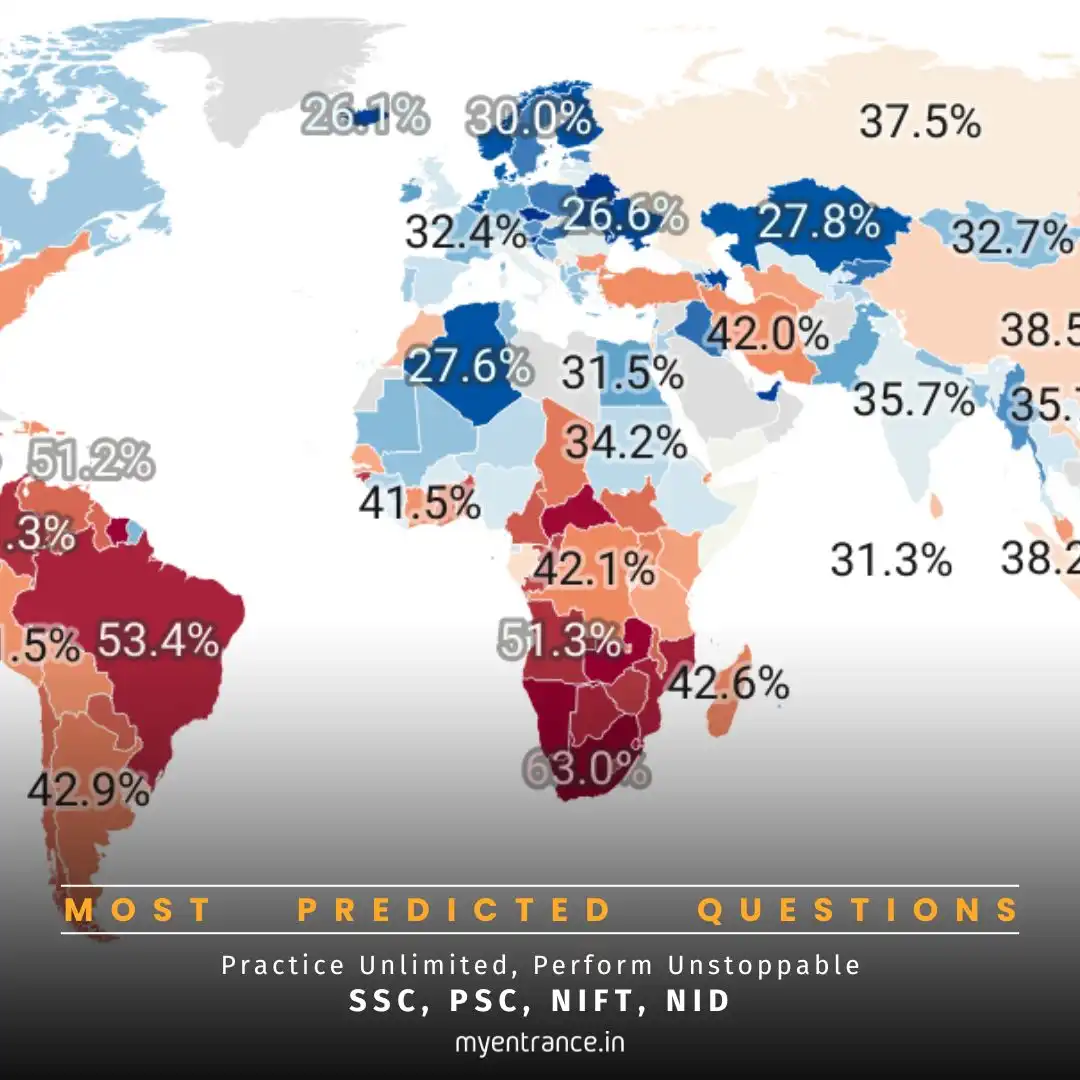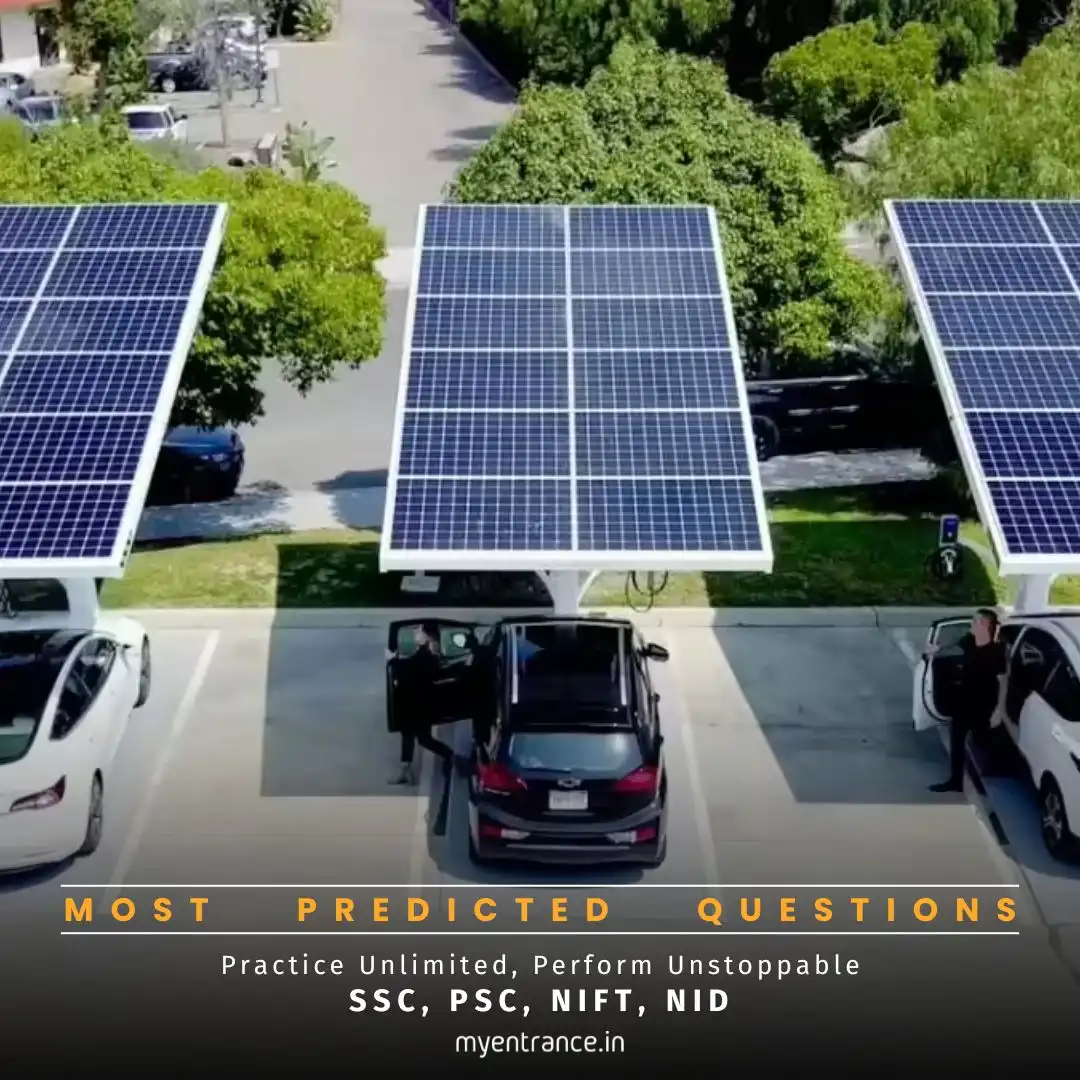Select Language
US Shifts Gears on Clean Energy: Will the “Big Beautiful Bill” Slow Down America?
A major shift in US energy policy is underway. President Trump signed the “One Big Beautiful Bill” Act (OBBBA), moving away from previous clean energy support towards fossil fuels, raising questions about America’s role in the global green energy race, especially compared to China.

The landscape of US energy policy just changed dramatically. President Trump has signed the “One Big Beautiful Bill” Act (OBBBA), a law passed by Congress that significantly alters the country’s direction on renewable energy and electric vehicles (EVs). This act represents a sharp departure from the previous focus under the Inflation Reduction Act (IRA), which heavily invested in solar, wind, and EV technologies.
Key changes under the OBBBA include:
Reduced Clean Energy Support: Federal incentives for solar and wind power projects are being scaled back or phased out faster.
EV Incentives Cut: Tax benefits for both commercial fleets and individual buyers of electric vehicles are being rolled back.
Fossil Fuel Boost: The act lowers royalty rates for oil and gas drilling on public lands and expands leasing opportunities for new exploration.
A Slightly Softer Landing? While still a major pullback, the final version passed by Congress was less severe than initial proposals. It preserved some incentives until 2027-2032 for technologies like clean hydrogen, carbon capture, nuclear power, and energy storage linked to renewables.
Why is this causing concern? Experts warn this shift could have significant consequences:
Higher Costs: Household energy bills might increase over the next decade.
Slower Green Transition: Deployment of clean energy technologies across the US power grid could slow down.
Ceding Global Leadership: The biggest fear is that this move effectively hands global dominance in the clean energy race to China.
China’s Contrasting Path: While the US pulls back, China continues its massive push into renewables. In 2024 alone:
China added a staggering 420 Gigawatts (GW) of new solar and wind capacity.
For context, the entire US added less than 55 GW of solar and wind that same year (IEA data).
Although China is also building new coal plants (around 100 GW started in 2024) to meet immediate industrial demand, its long-term strategy heavily emphasizes clean energy expansion.
The oil and gas industry, a key supporter of President Trump, welcomed the OBBBA. Critics, however, argue that relying more on expensive US shale oil and gas to meet growing electricity demand isn’t economically or practically sustainable in the long run compared to cheaper renewables.
Q: What is the primary objective of the recently passed “One Big Beautiful Bill” Act (OBBBA) in the US?
A: The OBBBA aims to accelerate the phaseout of federal incentives for clean energy technologies (like solar, wind, EVs) while promoting domestic fossil fuel production through lower royalty rates and expanded leasing.
Q: How does the OBBBA potentially impact the United States’ position in the global clean energy sector?
A: Experts warn the OBBBA could slow US clean energy deployment, increase household energy costs, and, crucially, cement China’s existing dominance in the global clean energy technology race.
Q: Briefly contrast the renewable energy addition strategies of the US and China as highlighted in the context of the OBBBA.
A: While the US (adding <55 GW solar/wind in 2024) is rolling back support via the OBBBA, China is massively expanding its renewable capacity (adding 420 GW solar/wind in 2024), despite also building new coal plants for immediate needs.
Q: Which sectors in the US welcomed the provisions of the OBBBA, and why?
A: The US oil and gas industry welcomed the OBBBA due to its provisions lowering royalty rates for drilling and expanding oil and gas leasing opportunities on public lands.
Q: Why is the OBBBA relevant for India’s policy considerations, as per the Mains syllabus (GS-II)?
A: The OBBBA is relevant as US energy policy shifts (a developed country) significantly impact global energy markets, climate change mitigation efforts, and the availability/cost of green technologies, directly affecting India’s energy security, economic interests, and environmental commitments.
Get 3 Months Free Access for SSC, PSC, NIFT & NID
Boost your exam prep!
Use offer code WELCOME28 to get 3 months free subscription. Start preparing today!















